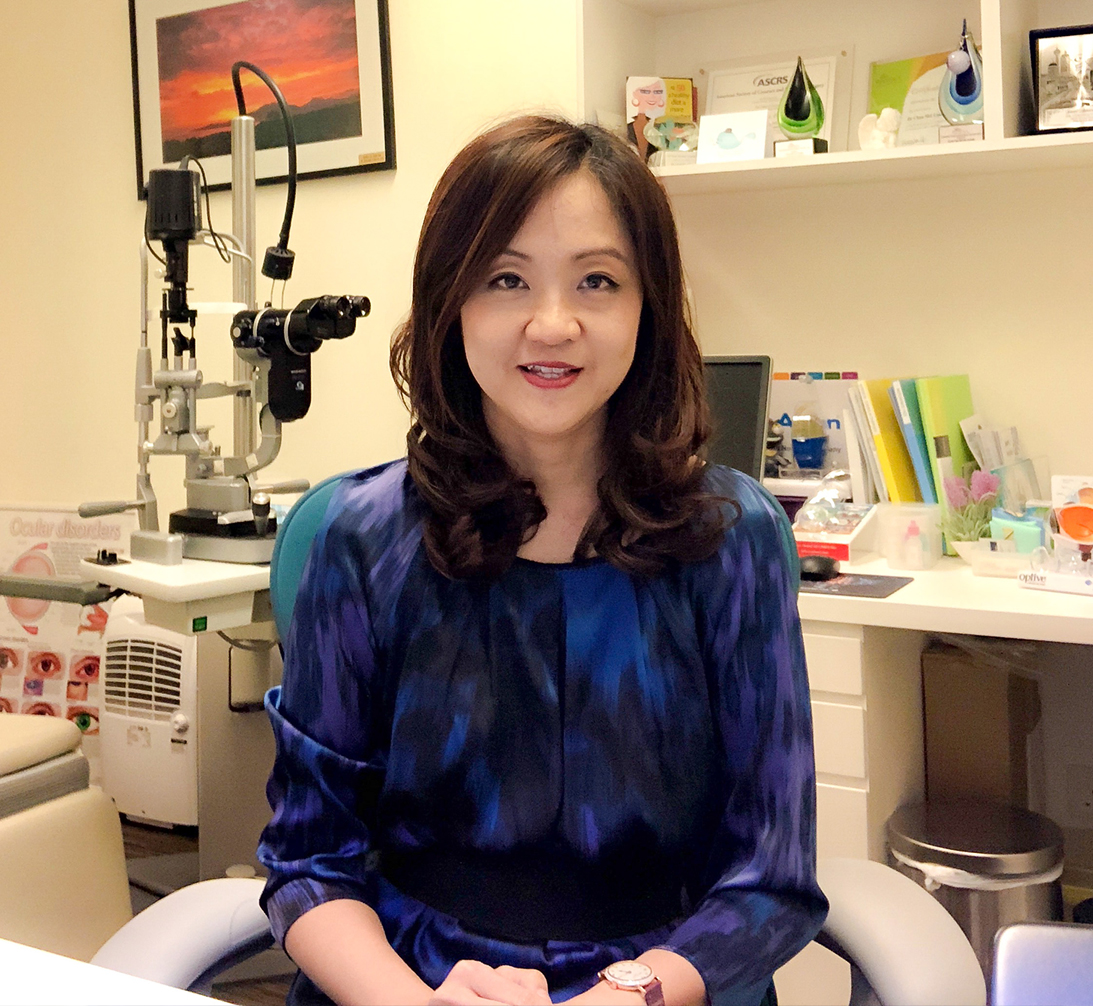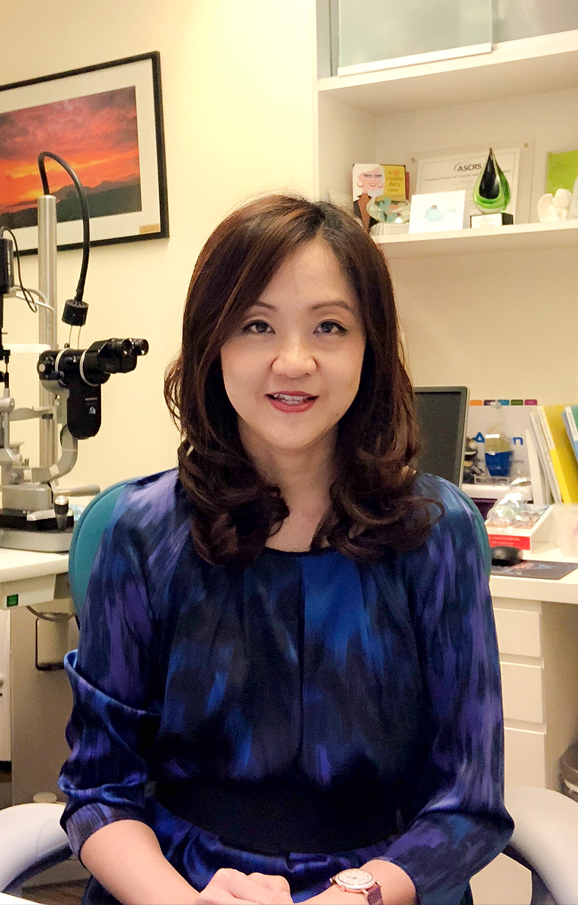Why Do I Have Blurry Vision
After Cataract Surgery?
After Cataract Surgery?

MBBS (S’pore), FRCS (Edinburgh), MMed (S’pore), FAMS (Ophth)
Is Blurry Vision Normal After Cataract Surgery?
Blurry vision after cataract surgery is generally normal in the immediate hours and days following the procedure. It usually occurs because your eye is adjusting to the new artificial lens and healing from the surgery.
Most patients notice improvement in their vision within the first 48 to 72 hours, and mild blurriness often resolves in this period. Vision typically continues to improve over the next two to four weeks, with long-term clarity usually achieved by six to eight weeks after the surgery.
Common Causes of Post-Cataract Surgery Blurred VisionCataract Stages
Cataract surgery is a highly successful procedure that has helped millions of people regain clear vision. While blurry vision may occur temporarily as part of the natural healing process or due to occasional complications, it is usually manageable.
Common causes of blurred vision following surgery include:
Residual Eye Inflammation
Dry Eye Syndrome
Posterior Capsular Opacification (Secondary Cataract)
Cystoid Macular Oedema
Incorrect or Unstable Refractive Outcome
Retinal Detachment
When To Be Concerned About Persistent Blurry Vision
While most patients see gradual vision improvement within four to six weeks after cataract surgery, you should contact your cataract surgeon immediately if you experience:
- Sudden vision loss
- New flashes of light
- A sudden increase in floaters
- Severe eye pain
These symptoms may indicate a serious condition such as retinal detachment or infection, which requires urgent treatment to prevent permanent damage.
Treatments and Solutions for Blurry Vision
If blurry vision persists after cataract surgery, there are several effective treatments and solutions tailored to the underlying cause:
Prescription Glasses or Contact Lenses
YAG Laser Capsulotomy
Artificial Tear Supplements
In rare instances where vision issues persist after cataract surgery, additional procedures like LASIK surgery or intraocular lens (IOL) exchanges can be explored to achieve optimal results.
Expert Care for Cataract Surgery Recovery
If you experience persistent blurry vision or other concerning symptoms following your cataract surgery, please contact our clinic. Ophthalmologist Dr Cordelia Chan is a highly trusted cataract and refractive surgeon in Singapore. Using advanced diagnostic technology, she carefully identifies the root cause of any post-surgery complications and creates a personalised treatment plan to support a smooth recovery. Book a consultation today to take the first step toward restoring your sight.
MBBS (S’pore), FRCS (Edinburgh), MMed (S’pore), FAMS (Ophth)


Dr Cordelia Chan is an established ophthalmologist in Singapore, with decades of experience in cornea and refractive surgery. She cares for both adults and children, offering comprehensive expertise across a wide range of eye conditions. Dr Chan began her training in 1993 and spent 21 years at the Singapore National Eye Centre (SNEC), where she was Head of the Refractive Surgery Service.
Among the first in Singapore to perform bladeless LASIK, she is recognised for her expertise and strong commitment to patient care and safety. Today, she combines advanced diagnostic technology with a personalised approach to deliver the best possible outcomes for her patients.
